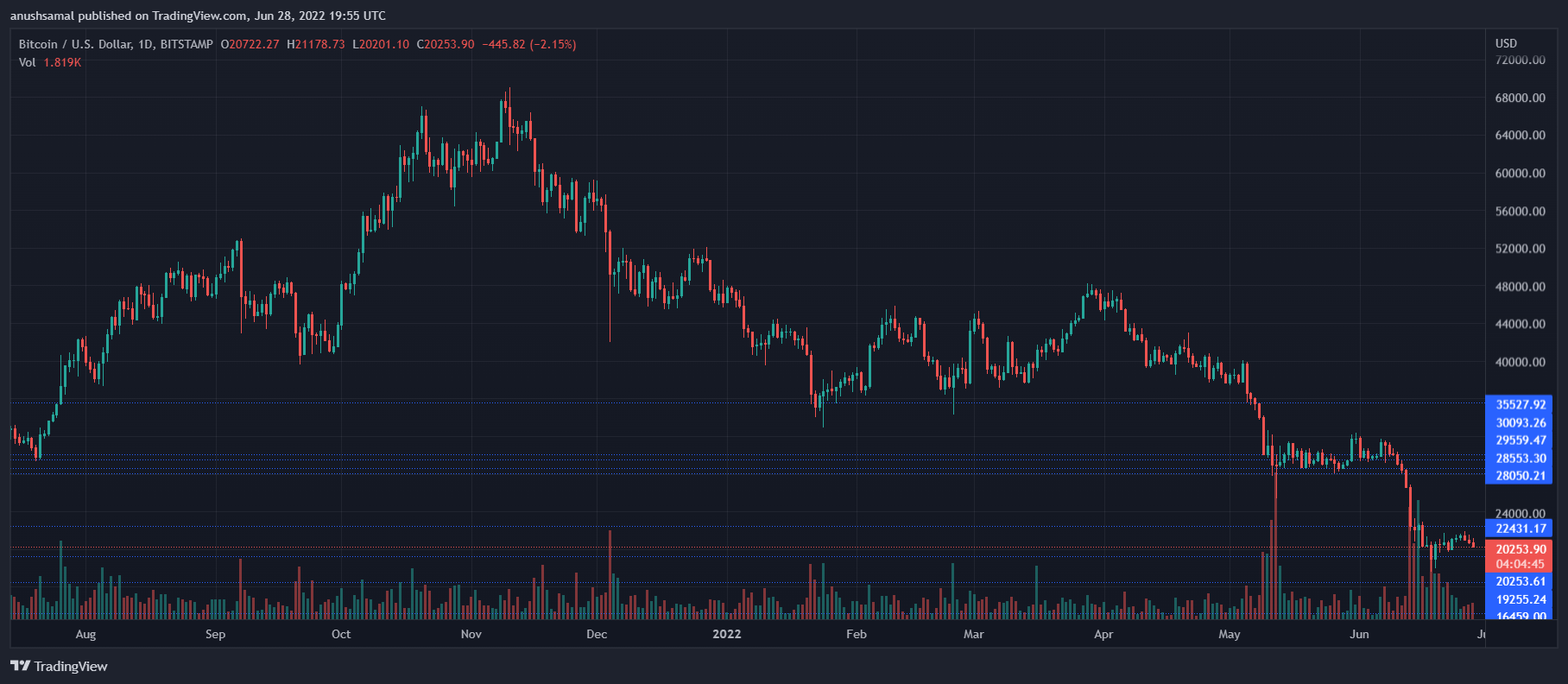‘One Rule Book’ To Regulate Crypto, Proposed By SEC Chair Gary Gensler
SEC chairman Gary Gensler has reportedly proposed a one rule book approach to regulate all crypto asset trading. Gary Gensler is in direct communication with the regulatory counterparts at Commodities Futures Trading Commission (CFTC).
The decision to be in agreement with other financial regulators which include CFTC will help address security concerns and maintain transparency by bypassing the possible gaps that exists within the digital asset sector. He has stated that the securities and commodities are intertwined when it comes to the present trading situation.
Gensler further added,
I’m talking about one rule book on the exchange that protects all trading regardless of the pair — [be it] a security token versus security token, security token versus commodity token, commodity token versus commodity token.
This move in particular comes after a number of legislative activities which have been introduced over the past months in order to create a clear and thorough digital asset regulatory framework.
A “memorandum of understanding” To Pass Information Regarding Crypto Is Underway
Gary Gensler has mentioned a “memorandum of understanding” which is being prepared specifically to oblige the SEC to help pass information regarding crypto assets to CFTC.
U.S Securities and Exchange Commission (SEC) has decided to make it mandatory to look after crypto which is considered to be a security. In the meantime CFTC will be responsible to regulate the commodity and derivative market. The reason behind proposing a one rule book can be tied to keeping investor interests safe against prevalent market manipulation and other sorts of fraudulent practices.
He has further explained that if the commodity token has been listed on he platform regulated by SEC, SEC is responsible to send that information over to CFTC.
This particular move will in a way push crypto companies to ensure they register with the SEC. Once they register, the companies would invariably be eligible to receive the protection that is offered to the customers in a situation of a crypto crash.
Gensler also stated that,
By getting that market integrity envelope, one rule book on an exchange will really help the public. If this industry is going to take any path forward, it will build some better trust in these markets.
Related Reading | Morgan Creek Said To Be In Bid To Secure $250-M To Counter FTX BlockFi Bailout
The Exact Roles Of SEC And CFTC In Regulating The Crypto Industry
With crypto fraudulent practices on the rise, Gensler has warned the public of “too good to be true” deals. He has also additionally asked the public to be wary of crypto exchanges that often trade against customers.
After the Terra stable-coin (UST) massacre investors are advised to be cautious about such tokens as there is always a chance that these tokens might fail. CFTC and SEC have together worked to regulate different sections of the crypto industry and their rules have been defined in the bill.
Cynthia Lummis, Wyoming Senate introduced the bill which is targeted to define the role of each agency when it comes to crypto regulation. Previously CFTC has looked after derivatives while SEC was responsible for handling digital asset securities.
New York Senator Kirsten Gillibrand has also sponsored the bill and introduced a crypto regulatory framework that is supposed to provide CFTC more power. Senate Lummis is of the opinion that SEC chairman has no intention of putting a ban on crypto in the United States.

Related Reading | “Bitcoin Is The Only One I’m Willing To Say Is A Commodity”, SEC Chair Says On Crypto Regulation
Featured image from Forbes.com, chart from TradingView.com
from Bitcoinist.com https://ift.tt/1Km3Evi
via IFTTT